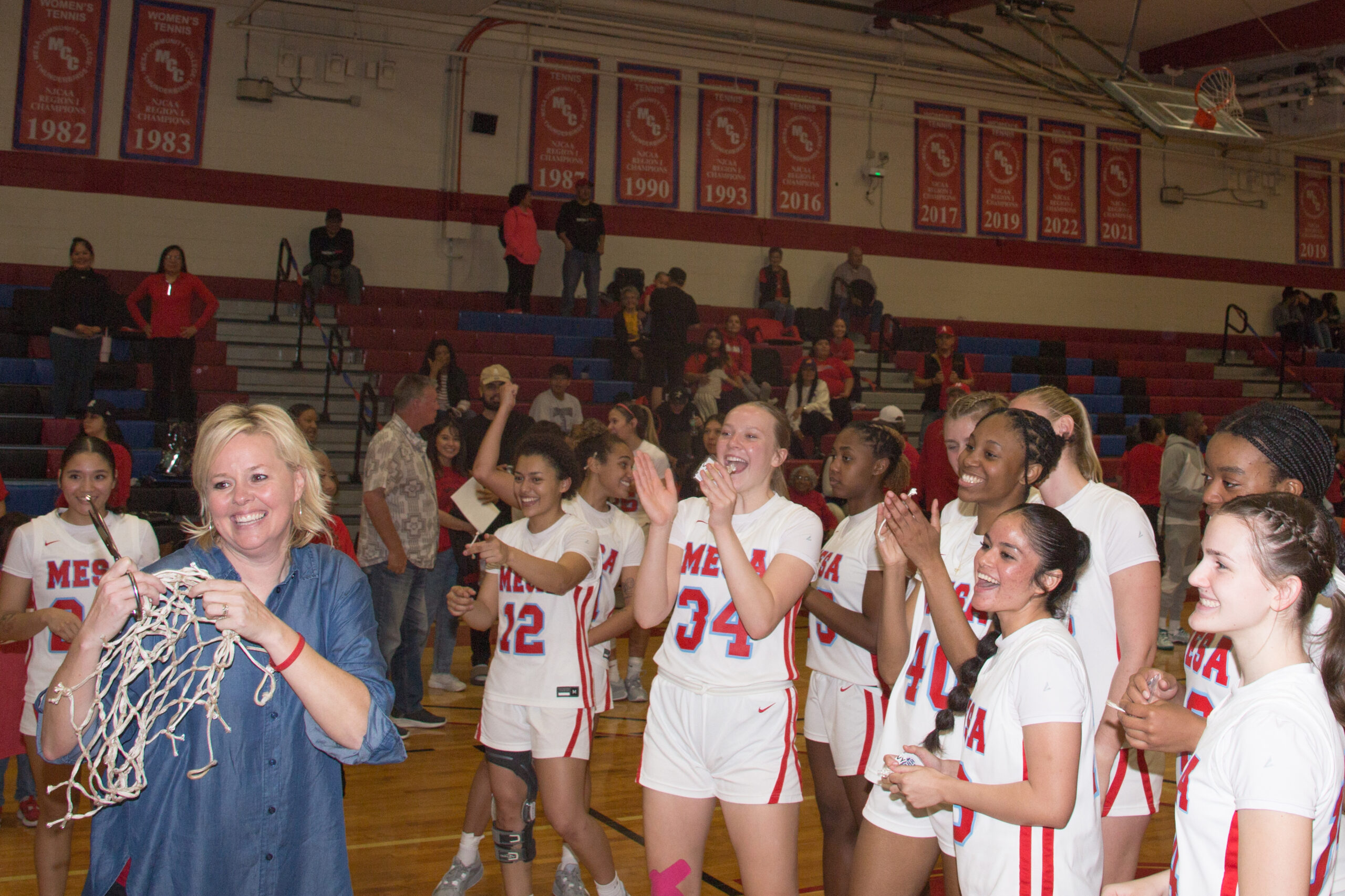Book banning poses conflict for education
Wendy Duran
Banning and challenging books can have a significant impact on society, and is a unique challenge to the right of free speech afforded to Americans by the First Amendment.
“The purpose of banning books is based on the beliefs and views of the local community,” said Juan Armijo, a political science and history instructor at MCC.
The First Amendment protects the freedom of expression and this goes for writers, as well as readers.
“Banning books directly conflicts with this protected right,” Armijo said.
Books can be banned by the government, the library, or school systems.
Banned books often include political, religious, offensive language, sexually explicit or moral motivations.
“One of my favorite novels ‘Bless Me, Ultima’ has been banned, censored, burnt and set aside even in school districts in Arizona and New Mexico,” Armijo said. “What a bunch of idiots, we are still way behind in cultural diversity acceptance in our nation.”
“The federal government has no place in determining what someone can read,” said Elizabeth Simpson, MCC English instructor.
Reading is an exercise for the human brain that can be beneficial for any age group.
“Maybe we should all be reading these books and talking about the problems that they address,” Simpson said. “Not pretending that we are offended by some words on a page.”
Not only do instructors oppose banned books, but students as well.
“Books should not be removed from the shelves just because a few people think it’s inappropriate,” said Evelyn Ochoa, an ASU student.
“It’s not up to them to decide what we should read, write or teach for that matter,” Ochoa said.
In addition to this, the MCC library has a section dedicated to the Banned Book Week and Intellectual Freedom.
“We compile lists of challenged books in order to inform the public about censorship efforts that affect libraries and schools,” said Thomas Sleeper, an adjunct librarian at Gateway Community College.
“I think people hope to contain an idea and prevent it from spreading,” Sleeper said. “This generally fails and all that happens is they bring attention to the issue they were trying to prevent.”
Some of the most common challenged and banned books in the United States, according to the American Library Association include:









